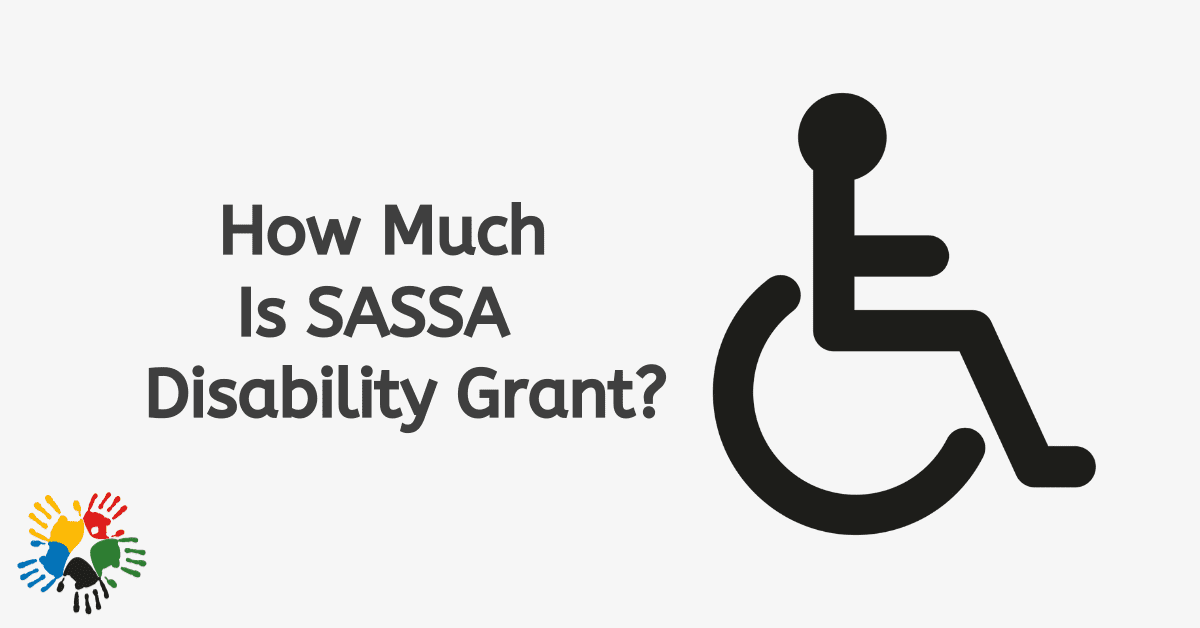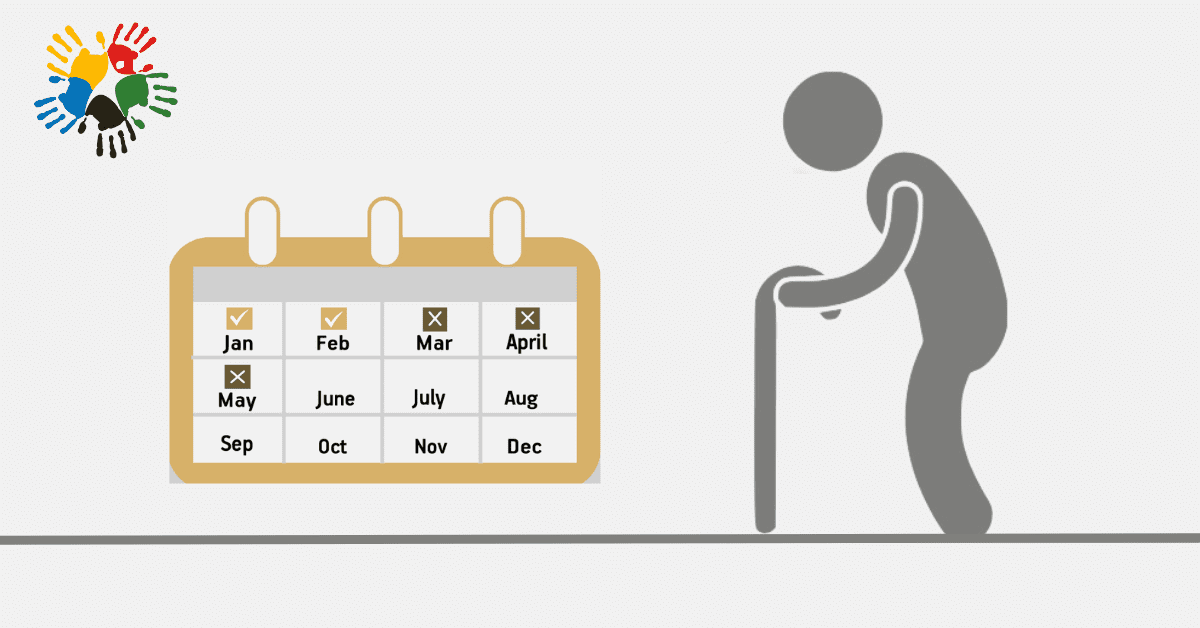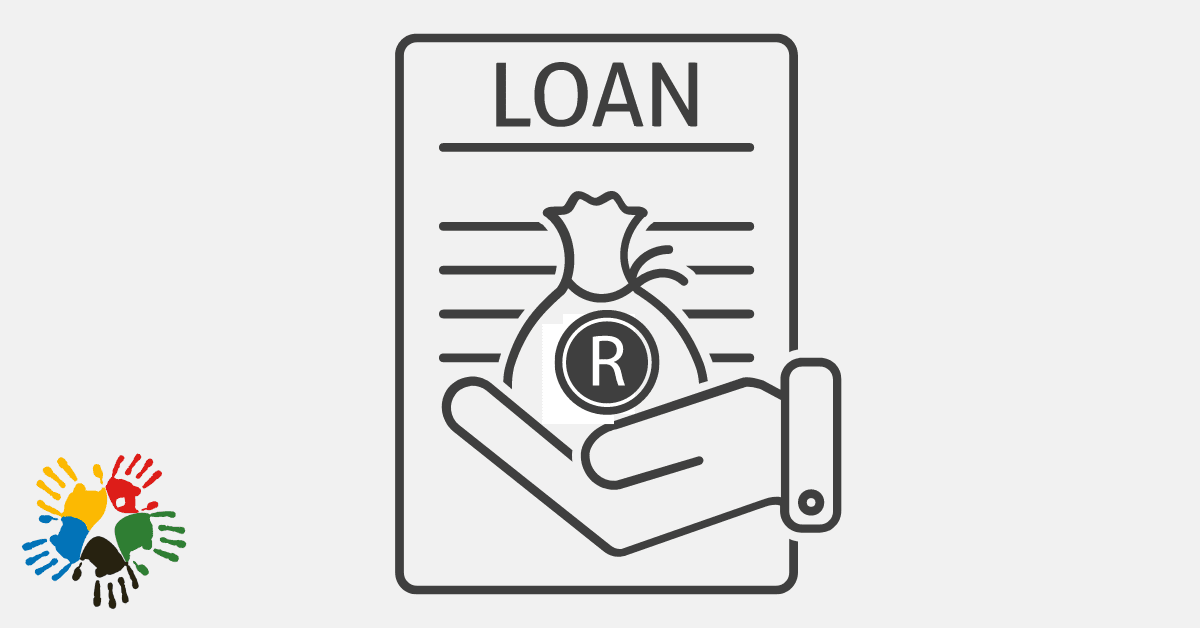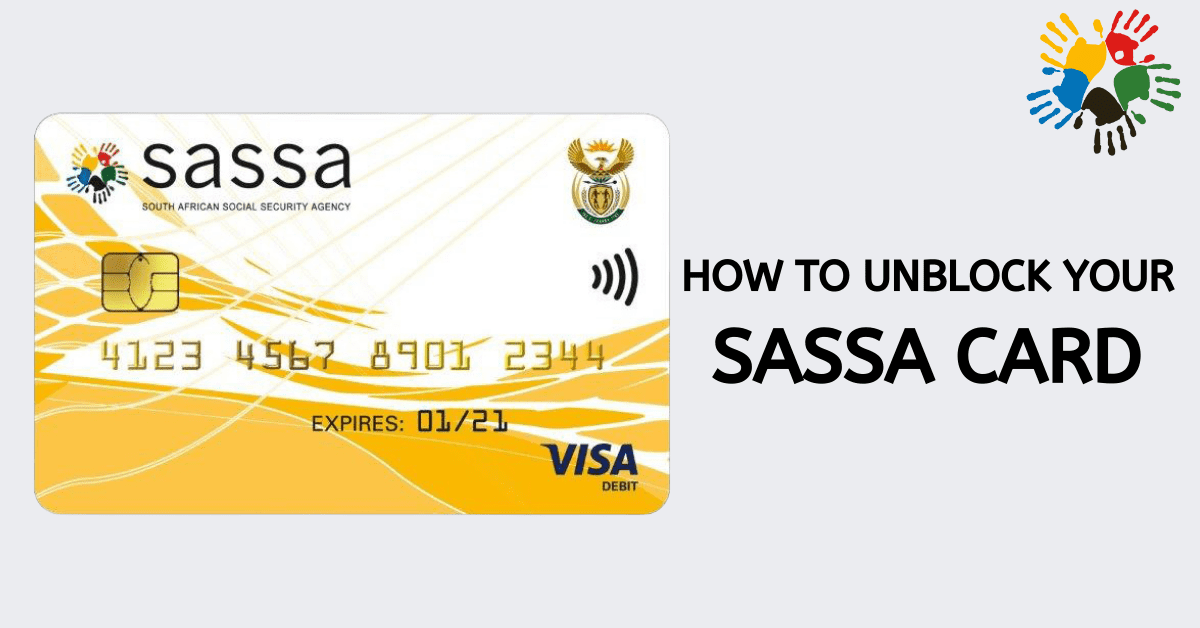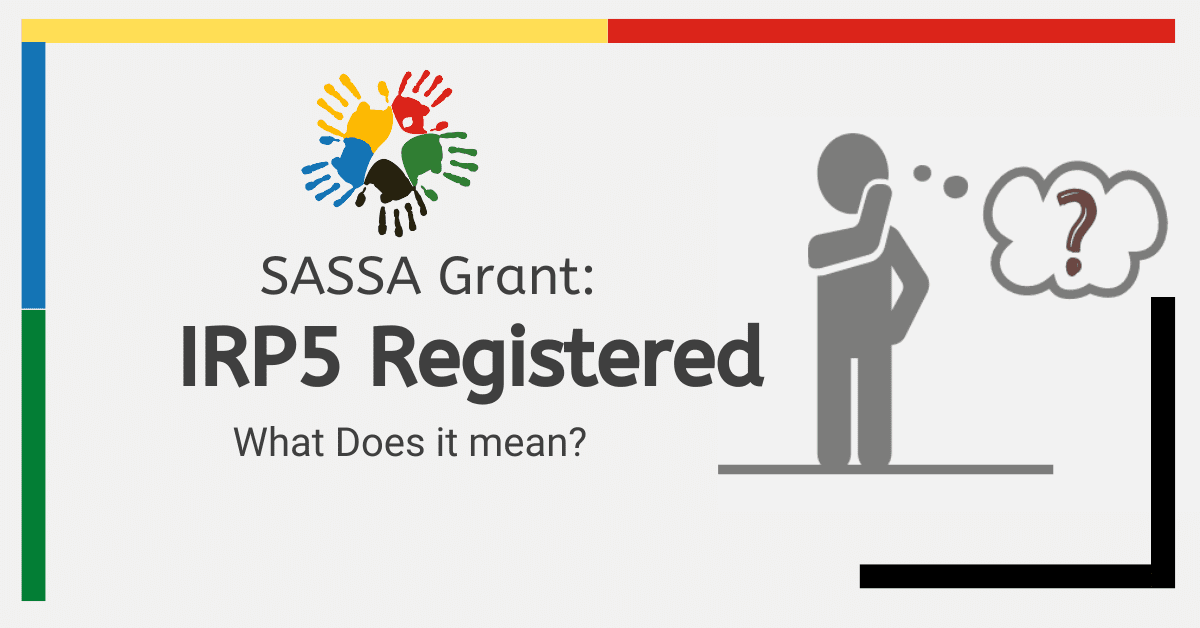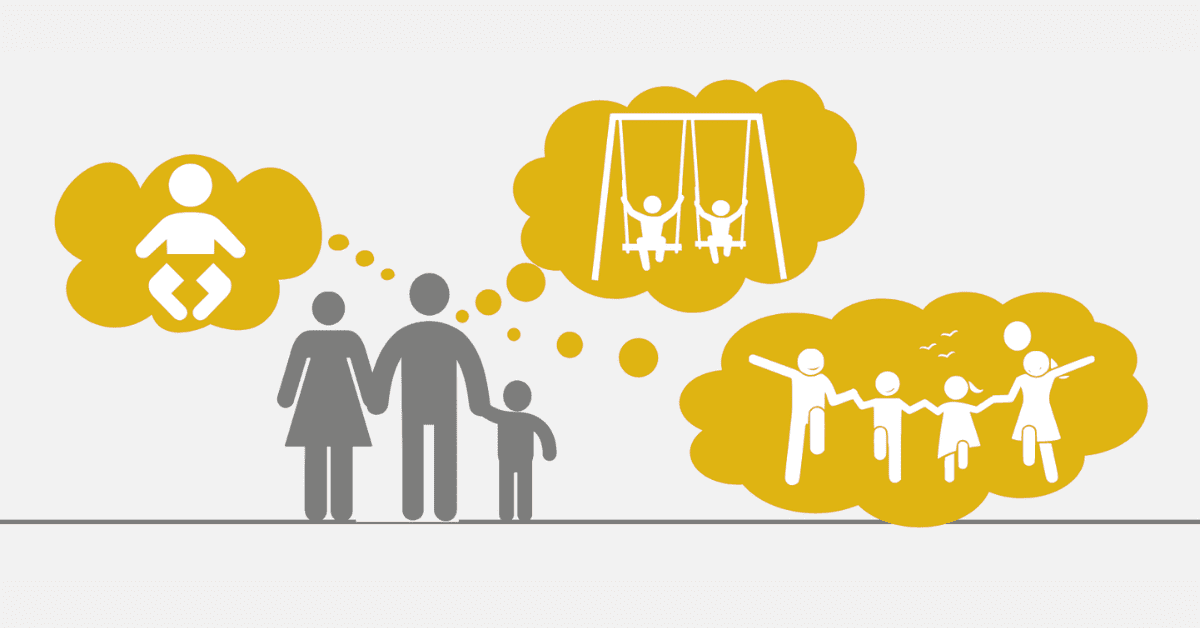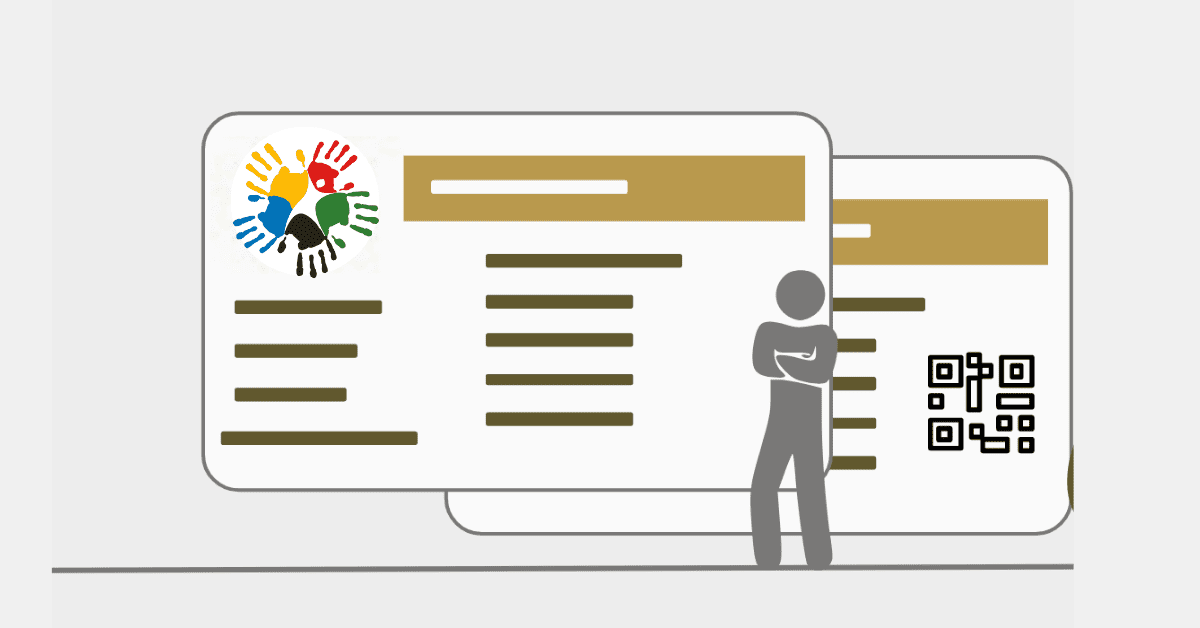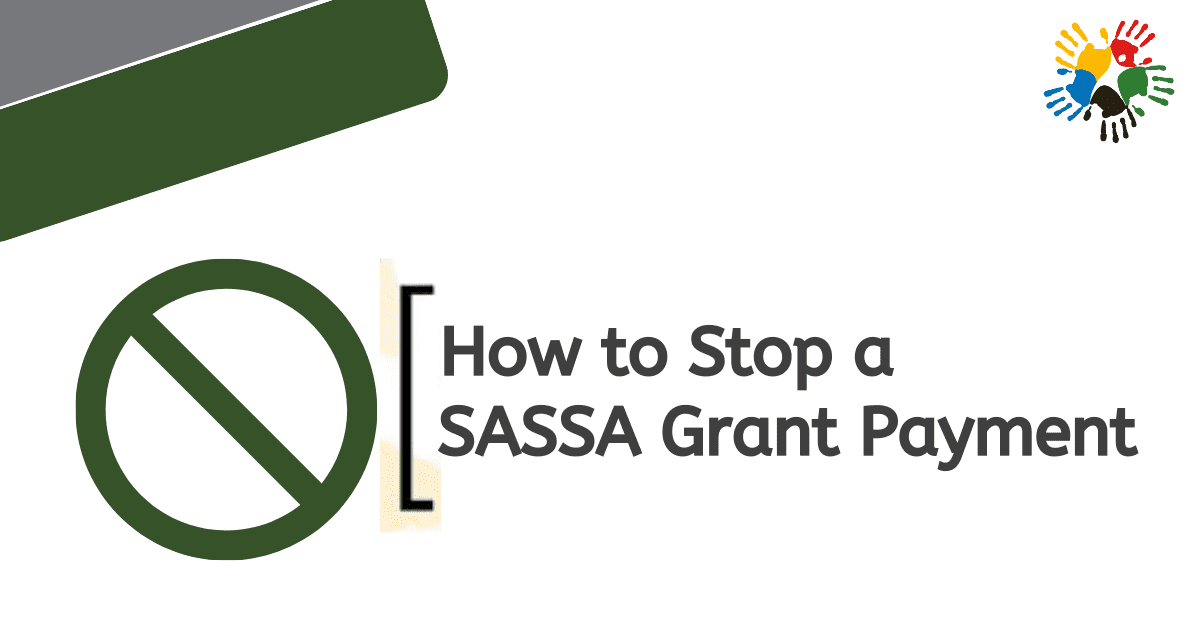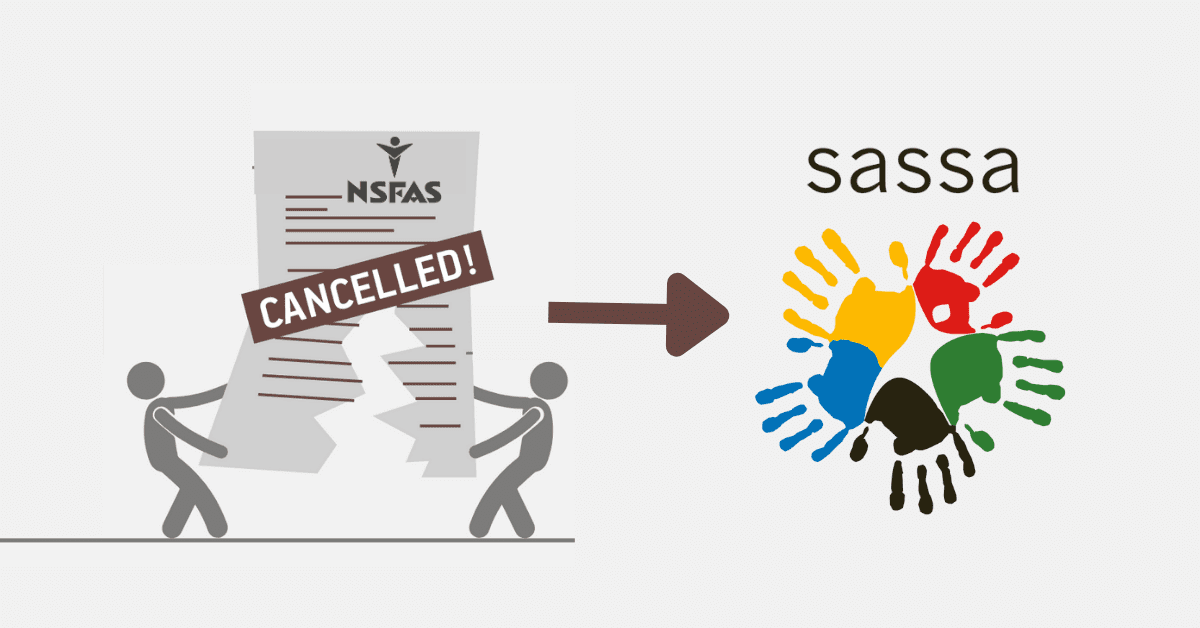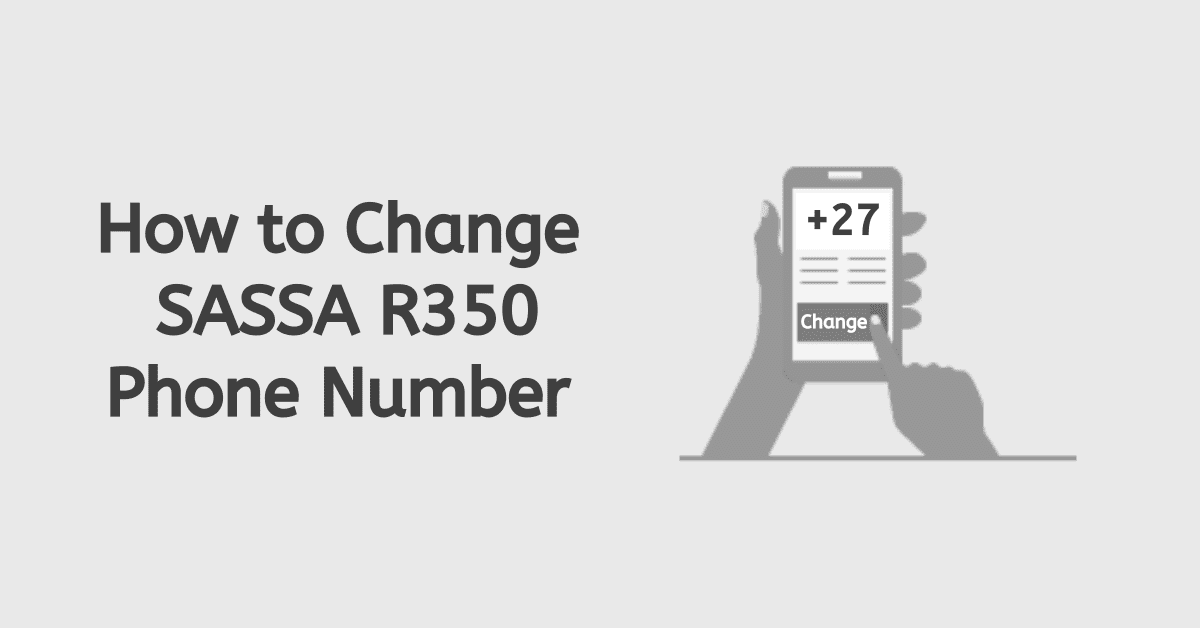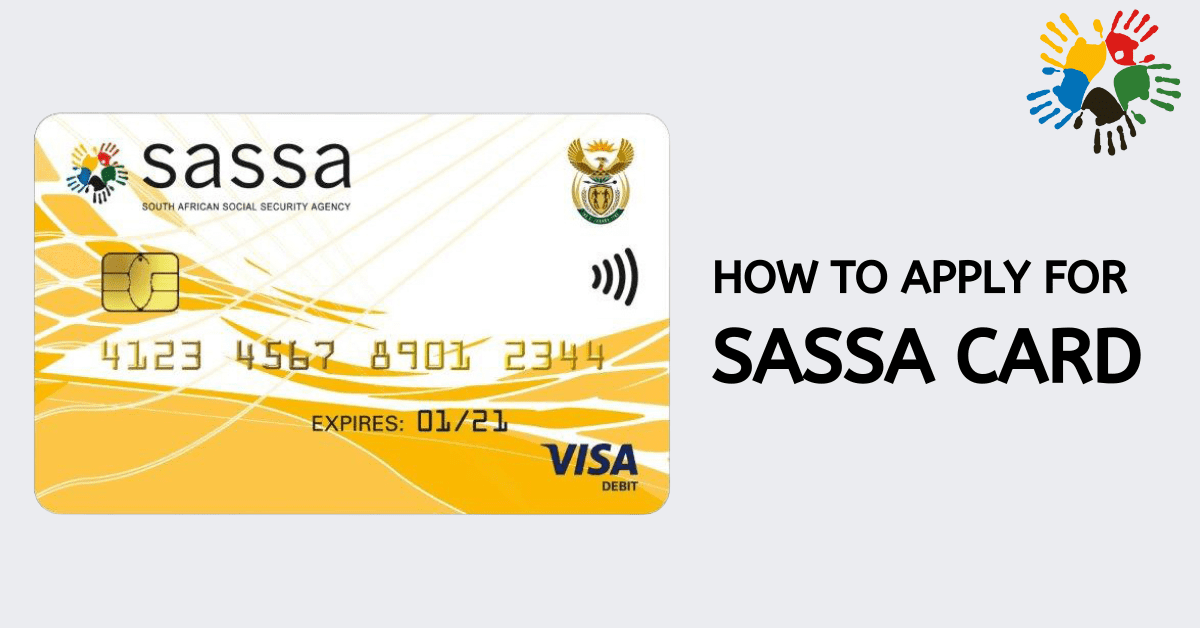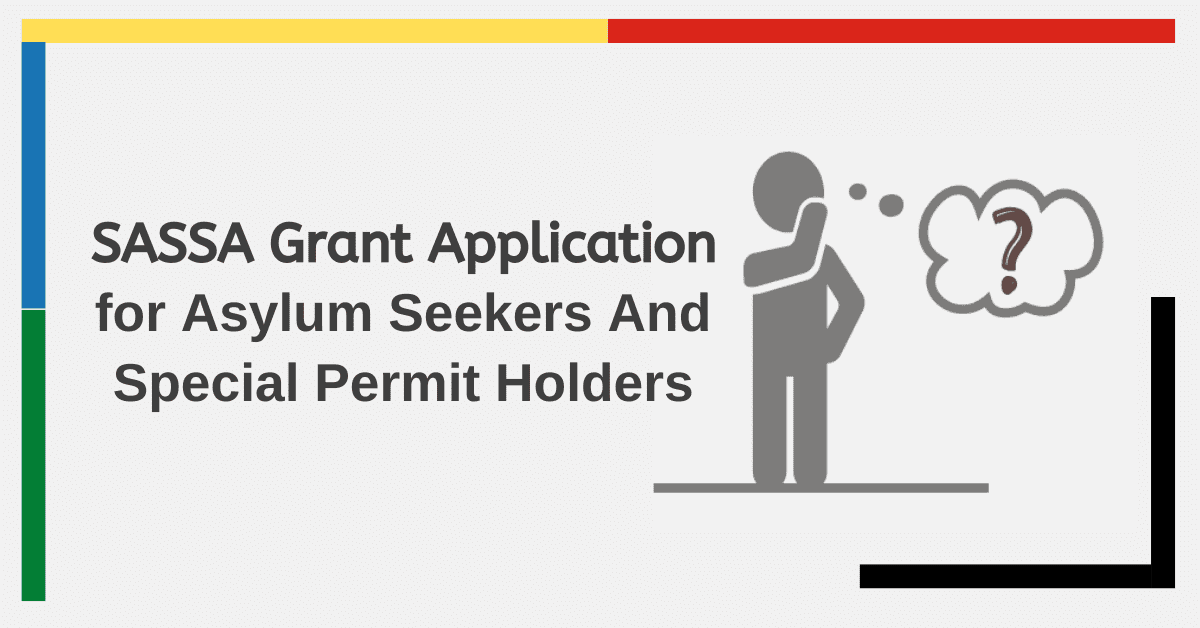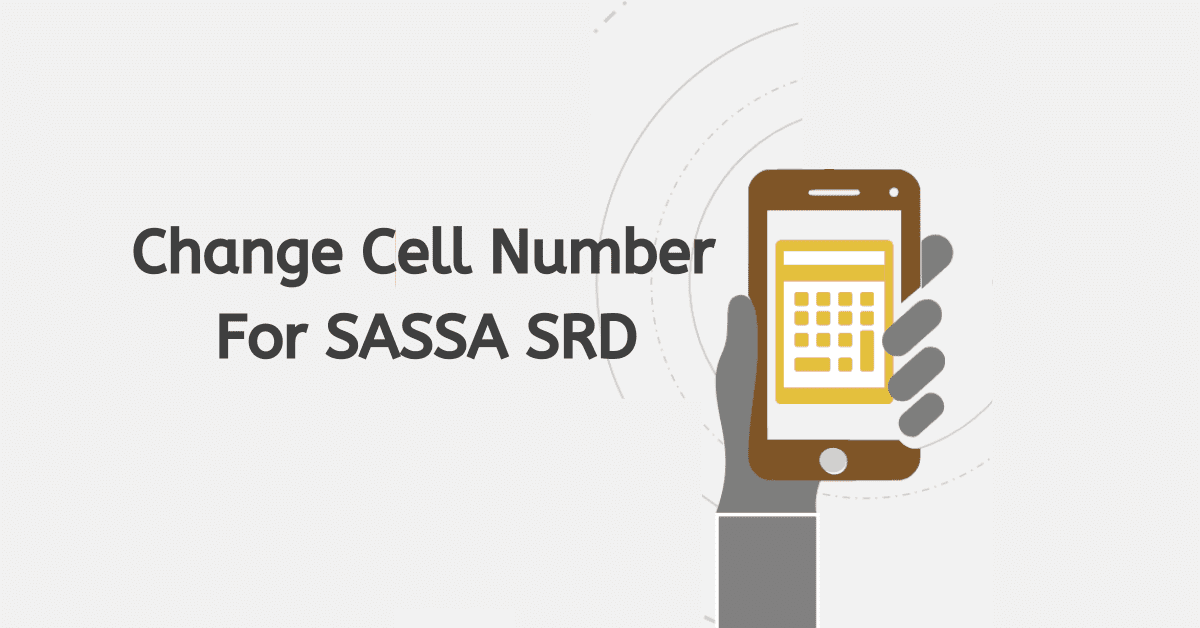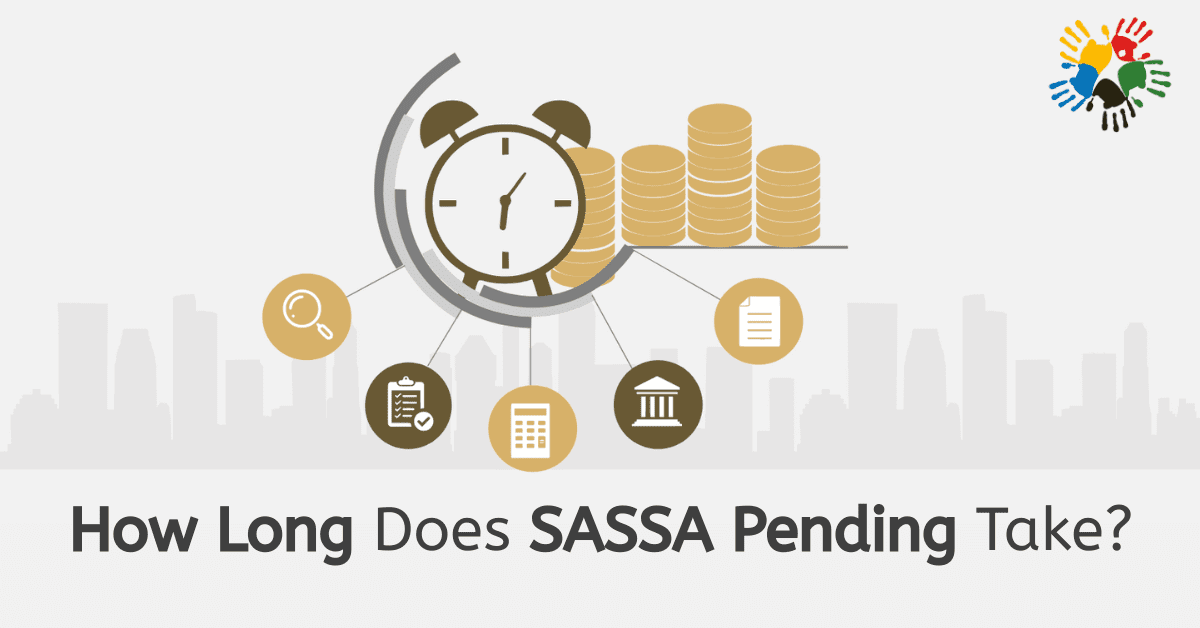Dealing with tax debts and outstanding payments to the South African Revenue Service (SARS) may feel very daunting. After all, if you were in a position to pay for everything, you would! Remember that SARS wants to work with you to get yourself back to tax compliance (and your Rands into their coffer) rather than punish you. So SARS has several options for taxpayers who are unable to pay their tax liabilities in full and would rather work with you than face costly court proceedings. One of these options is setting up a payment arrangement. Today we’re looking at what that means and how to do it so that you can get back to full compliance as easily as possible.
What Is A Payment Arrangement With SARS?
A payment arrangement with SARS is a formal agreement you make with them to pay off your tax debt or other liabilities. Mostly, this means installments over an agreed-upon period rather than a lump sum all at once. Payment arrangements are there to help individuals or businesses facing financial difficulties or cash flow problems meet their tax obligations without penalties or legal action.
Why set up a payment arrangement with SARS? It will allow you to::
- Gradually clear your outstanding tax debts in a manageable way
- Avoid further interest and penalties for late payment.
- Prevent SARS from taking legal action or seizing your assets to settle the ‘bill’.
- Help you maintain compliance with tax regulations.
So if you’re struggling to pay what you owe, a payment arrangement makes sense- and it will always be better than hiding from the matter! Again, remember that SARS ideally wants to get the tax money owed too, rather than punish you in court. So they are willing to work with most entities that approach them openly looking for a solution.
How To Set Up A Payment Arrangement With SARS
Payment arrangements with SARS are pretty easy to set up, too. Before you deal directly with the ‘taxman’, evaluate your financial circumstances to determine how much you can afford to pay regularly. Be realistic about your ability to meet the terms of the arrangement. They will always want as much cash as possible to settle the debt quickly. But in the end, you have to be able to keep to the terms of the arrangement.
It is better to reach out to SARS as soon as you realize you are unable to pay rather than wait for them to come after you, too. This helps keep goodwill and reduces the chance of legal consequences.
To set up a payment arrangement, you can contact the SARS Contact Centre, visit a SARS branch, or use eFiling. Have your tax reference number, the tax type and period for which you owe, the amount of the debt, and the reasons for your financial difficulties on hand. Remember, they’re the revenue service, not a date- you don’t need to try to impress them! Just be honest and open about your difficulties.
SARS will assess your situation and discuss the terms of the payment arrangement with you, including monthly installment amounts, the duration of the arrangement, and any interest they intend to add to the bill.
When the payment arrangement is agreed, you will have to sign a formal agreement indicating everything you’ve decided. Do take the arrangement seriously. Once the payment arrangement is in place, adhere to the agreed-upon terms with regular and timely payments. If you encounter further financial difficulties or need to adjust the terms, contact SARS promptly.
How Do I Lodge A Suspension of Payment With SARS?
In some cases, you may be unable to make any payments to SARS due to extreme financial hardship. In such situations, you can lodge a ‘suspension of payment’ request with SARS. This essentially asks SARS to temporarily suspend the collection of your tax debt until your financial situation improves. It’s available for most tax types but not SDL and UIF back payments, as that was never ‘your money’ to keep in the first place.
As with payment arrangements, reach out to SARS as soon as possible to explain your financial hardship and request a suspension of payment. You can again do this through the SARS Contact Centre, at a SARS branch, or through eFiling. The process is very similar to the one we outlined above.
If SARS approves your suspension of payment, be certain you remain in compliance with other tax regulations and keep communication open with SARS regarding your financial situation. Don’t expect to be let off the hook forever. SARS will regularly review your situation to determine when you can resume payments. Be prepared to provide updated financial information as needed- they won’t just trust your word on this.
How Do I Write A Letter of Payment Arrangement?
Strictly speaking, you don’t need a set type of letter to make a payment arrangement. You can even request an arrangement via prompts on eFiling. However, if you do need to write to SARS regarding the situation, keep these tips in mind:
Use a professional business letter format. Include your name and contact information at the top, followed by the date. Quote all relevant information they need to identify you- the tax type, your tax number, reference numbers you have for previous communications, and so on. Include the debt amount.
Clearly state that you are requesting a payment arrangement. Specify the monthly installment amount you propose, the total duration of the arrangement, and any other relevant terms you’d like to discuss. Attach any supporting documentation, such as financial statements or evidence of hardship, to support your request.
Be sure to show them you are committed to complying with the payment arrangement, making regular and timely payments, and maintaining communication with SARS. A thank you for the consideration and a polite formal closure, won’t harm anything either. Sign the letter in ink with your signature.
While it may seem like a scary task, setting up a payment arrangement with SARS is a solid solution for taxpayers facing difficult financial circumstances. You won’t be the first or last person to ask for one, either! With open communication and honesty, you can reach a mutually agreeable solution that helps you get tax-compliant as soon as possible rather than face worry and threats.
